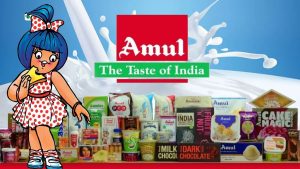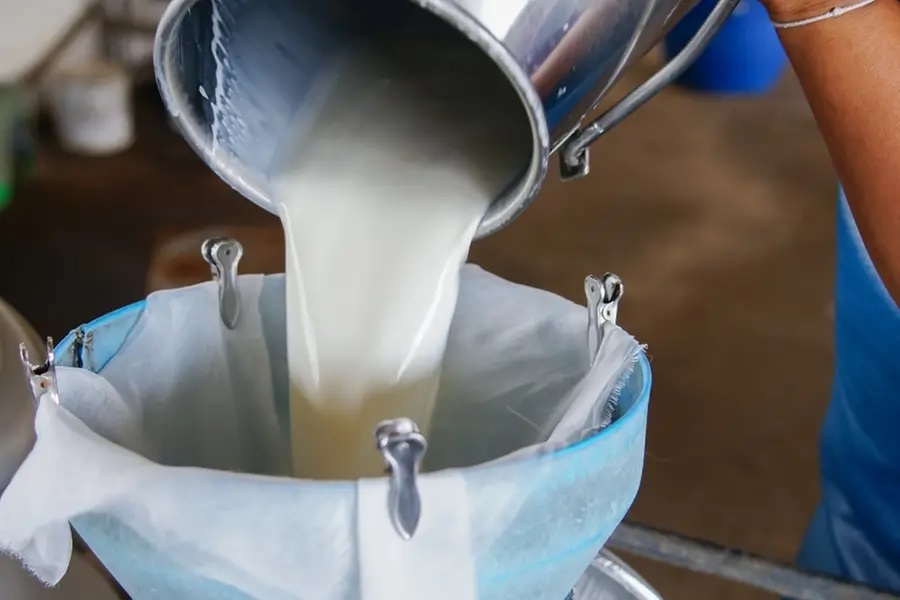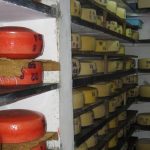
Milma Chairman confirms escalating input costs may negate GST relief, forcing a critical cooperative decision.
The regional dairy economics in Kerala, India, are signaling a potential market disruption, with cooperative structures bracing for a significant increase in consumer milk prices. Current analysis suggests a potential hike of up to Rs 6 per litre, a decision point that demands immediate attention from the governing body, Milma. This critical pricing movement serves as a vital indicator for how regional markets manage high volatility and internal cost escalation within a globally interconnected agribusiness environment.
Crucially, this substantial price escalation threat arises despite recent fiscal relief measures, including reductions in the Goods and Services Tax (GST). For dairy manufacturers and analysts, this scenario underscores a critical policy paradox: that sustained, underlying operational cost pressures—such as rising farm-gate prices for procurement, increased feed costs, and complex logistics—are now outweighing any relief derived from government taxation adjustments. This internal pressure tests the financial stability of the entire supply chain.
The cooperative stance, articulated by the Milma Chairman, is central to understanding the forthcoming decision. The leadership must navigate the delicate balance between ensuring sustainable profitability for local dairy farmers and maintaining accessible prices for the consumer base. This tension is a classic challenge for cooperative models worldwide, requiring a strategic approach to price formation that supports long-term production stability without triggering demand destruction or market instability.
Escalating procurement costs are the primary vector driving the requirement for higher retail prices. The necessity to provide better remuneration to milk producers—who are themselves grappling with inflationary inputs—pushes the entire cost structure upward. This situation in Kerala provides a localized case study for the global dairy sector on the immediate and unavoidable impact of rising input costs on final consumer pricing, even within highly regulated and cooperative-driven markets.
Ultimately, the potential price revision will be closely monitored as an example of strategic cooperative management under duress. The outcome will demonstrate the resilience and capacity of the Milma cooperative to absorb external pressures versus transferring costs to consumers. This decision holds significant informative intent for international producers seeking to understand the dynamics of Indian dairy pricing models and the future sustainability of cooperative frameworks in the face of persistent global economic inflation.
Source: Analyze the full details of this report from Mathrubhumi English.
You can now read the most important #news on #eDairyNews #Whatsapp channels!!!
🇮🇳 eDairy News ÍNDIA: https://whatsapp.com/channel/0029VaPidCcGpLHImBQk6x1F

















